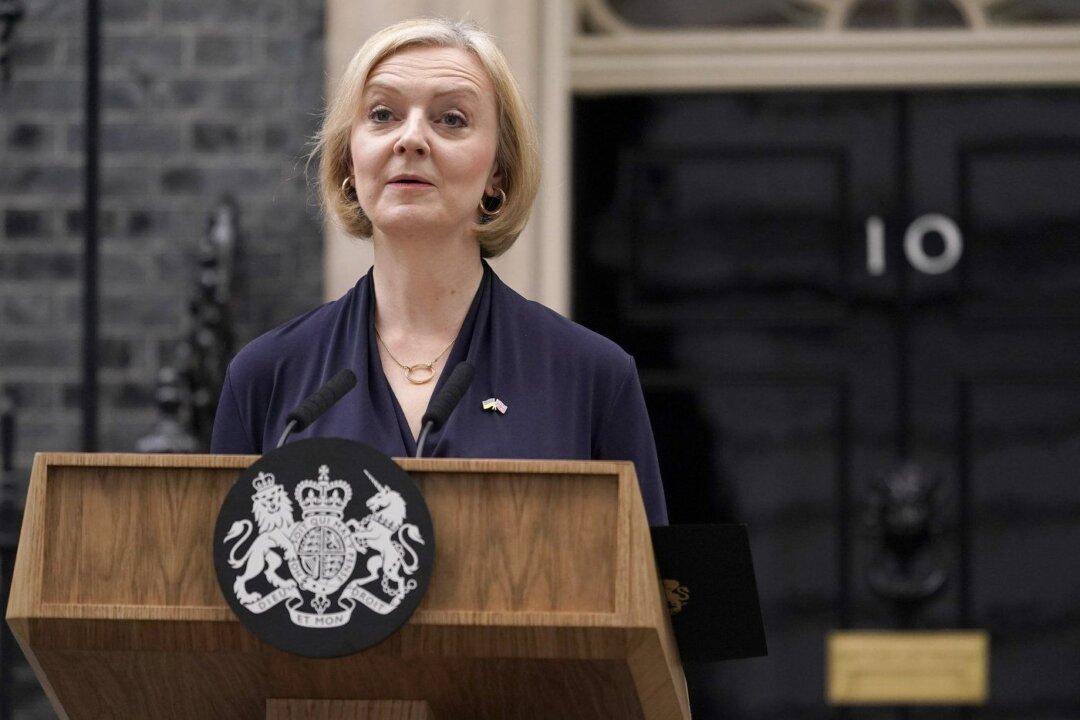The UK is set to choose yet another prime minister after Liz Truss was forced to resign on Oct. 20 after just six weeks in Downing Street.
Truss had no choice but to step down after her entire economic programme based on massive unfunded tax cuts was scrapped following negative reactions from the financial markets, which saw the pound fall sharply against the dollar and borrowing costs rise significantly for both the government and British households.





